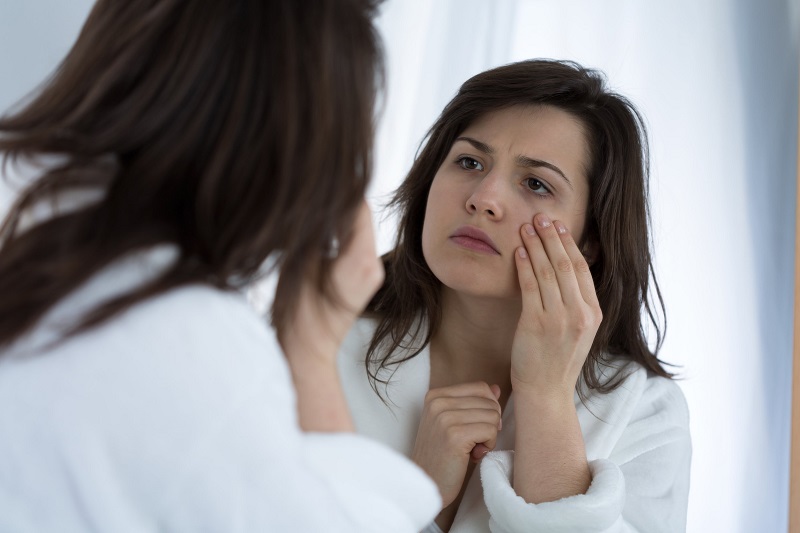Many people are unaware that their hair and skin conditions are caused by a vitamin E deficiency.
Vitamin E deficiencies can not only cause a reduction in the body’s defences and internal, organ-related symptoms, but can also lead to unpleasant physical problems which in some cases can be easily detected on the outward appearance of the body. It is important to attention to changes in the texture or appearance of the skin, hair and nail, as low levels of certain components may be behind the symptoms.
Vitamin E deficiency, among other causes, may cause visible symptoms: here are some of the signs to look out for.
Symptoms of vitamin E deficiency
Vitamin E is a fat-soluble vitamin with antioxidant activity. It protects against oxidative stress, neutralises harmful free radicals, supports the immune system, has anti-inflammatory properties, reduces the risk of atherosclerosis, helps maintain a healthy nervous system, normal brain function and vision and slows down the ageing process. It plays an important role in maintaining the beauty of the hair, skin and nails, so its deficiency in these areas can be noticed relatively quickly.
If you are experiencing the following symptoms, low levels of vitamin E may be behind your problems.
- hair loss
- dry, brittle hair
- dry, dull or flaky skin
- slow wound healing
In addition to these signs, muscle weakness, problems with the eyesight or blurred vision, numbness, coordination or fertility problems and memory problems may also be the sign of vitamin E deficiency.
What foods contain vitamin E and what is the recommended daily intake?
Vitamin E deficiency is relatively rare in a balanced, varied diet, but may occur as a result of, among other things, malabsorption or diseases affecting the stomach and the intestinal tract.
High levels of vitamin E are found in oily seeds, green leafy vegetables, vegetable oils, kiwi, asparagus, avocados and salmon, to name just a few. The recommended daily intake varies depending on age, gender or health, but for the average adult woman, around 12-15 mg is ideal. If suspicion arises, it is recommended to have vitamin E deficiency confirmed with a blood test, as other vitamin deficiencies may cause similar symptoms.
Vitamin E is also widely used externally in beauty care as an ingredient in creams and serums, as it is highly nourishing, moisturising and regenerating for the skin and hair, it helps prevent wrinkles and improves the firmness of the skin.

